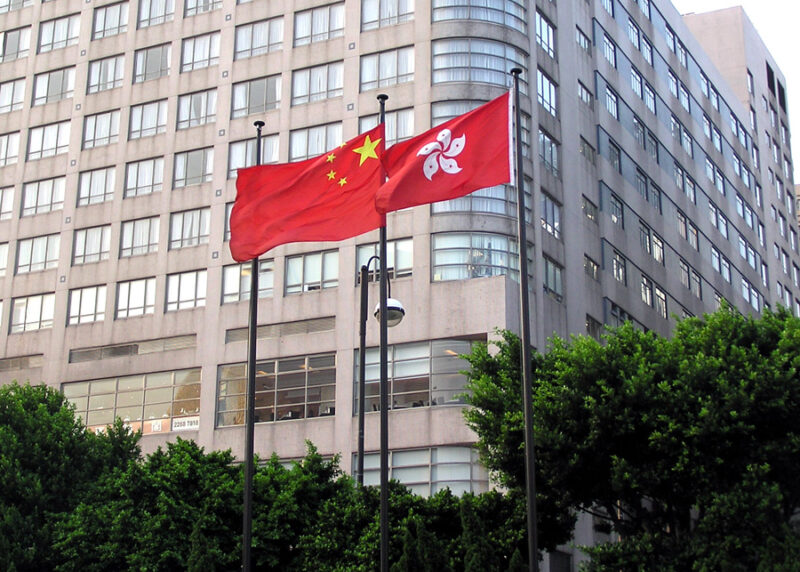The National People’s Congress, China’s highest legislative body, has unanimously approved a bill of radical changes to Hong Kong’s political system aimed at suppressing pro-democracy opposition. The bill, which passed on March 30th, drastically reduces the number of directly elected representatives in the legislature and gives national security bodies new power to vet candidates for loyalty to China’s Communist Party.
Hong Kong’s Legislative Council will expand from 70 to 90 seats, but the number of directly elected lawmakers will be reduced from 35 to 20 – from half the legislature to less than a quarter. A further 40 representatives will be appointed by the pro-establishment Election Committee. The Committee itself, which is also responsible for choosing Hong Kong’s leader, will expand to 1,500 members. Finally, seats formerly held by elected district council members will now be chosen by various advisory and interest groups that are generally loyal to Beijing. These positions were swept by pro-democracy politicians in 2019 amid the massive anti-government protests that broke out across the city and culminated in violent clashes between protestors and police. The new bill means that the majority of representatives will now be appointed by Beijing’s allies, leaving the opposition with little chance of gaining any significant amount of decision-making power.
The electoral overhaul also gives the national security department of Hong Kong’s police force the power to investigate every political candidate in order to ensure their compliance with national security law. This will enable the establishment to prevent any candidate it deems “unpatriotic” from even running for office. Last June, Beijing imposed a national security law to stifle dissent, giving Chinese authorities sweeping powers to charge dissidents with a range of political crimes falling into four categories: secession, subversion, terrorism, and collusion with foreign nations or forces. This law has been used to arrest and detain dozens of opposition members. On April 1st of this year, seven prominent pro-democracy leaders – including Martin Lee, Hong Kong’s “father of democracy” – were convicted of unauthorized assembly. All face up to five years in prison. Since the 2019 protests, thousands of people have been charged under the national security law. China is clearly willing to interpret its laws in whichever ways allow it to repress Hong Kong’s people.
Carrie Lam, Hong Kong’s Chief Executive, has expressed her support for the new bill, saying in a statement that “by improving the electoral system and implementing ‘patriots administering Hong Kong,’ the excessive politicization in society and the internal rift that has torn Hong Kong apart can be effectively mitigated.”
Hong Kong has aspired to democracy since the city was returned from British colonial rule to Chinese control in 1997 under the “one country, two systems” principle. With that transfer of power came the promise that Hong Kong would eventually be allowed to democratically elect its leaders. Universal suffrage is the “ultimate aim” of Hong Kong’s constitutional Basic Law. But Beijing is keen to maintain its control over the global financial centre, and decades later, that promised democracy is only a frail façade. China continues to erode Hong Kong’s autonomy, curtail free speech, and brutally suppress its opposition. The electoral overhaul is another disheartening blow to a democratic dream that seems increasingly unrealistic.
- Humanitarian Situation In Haiti Remains Dire - September 12, 2021
- WHO Calls For Moratorium On Covid-19 Booster Shots To Address Global Vaccine Inequality - August 11, 2021
- Urgent Debt Relief Measures Needed to Accelerate Low Income Countries’ Pandemic Recovery - July 20, 2021


